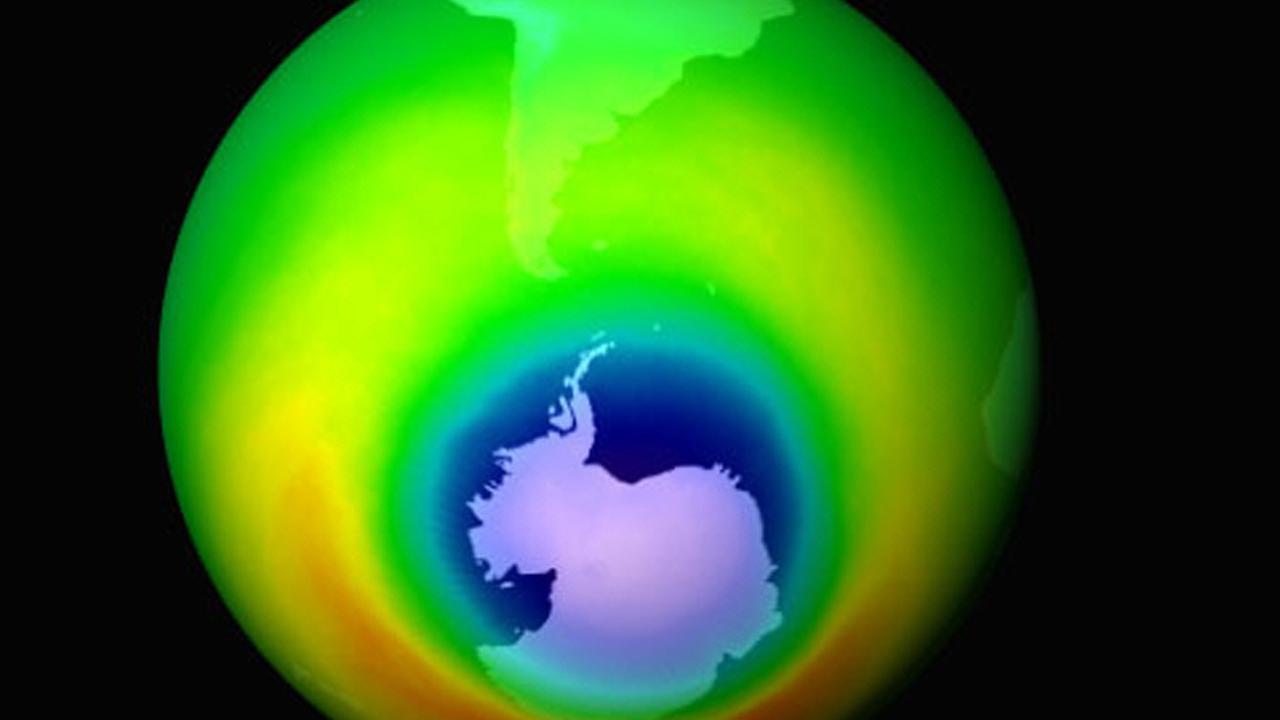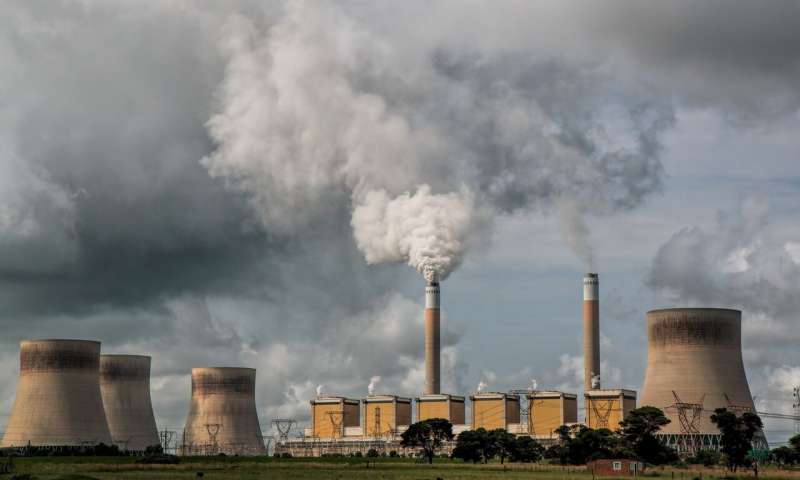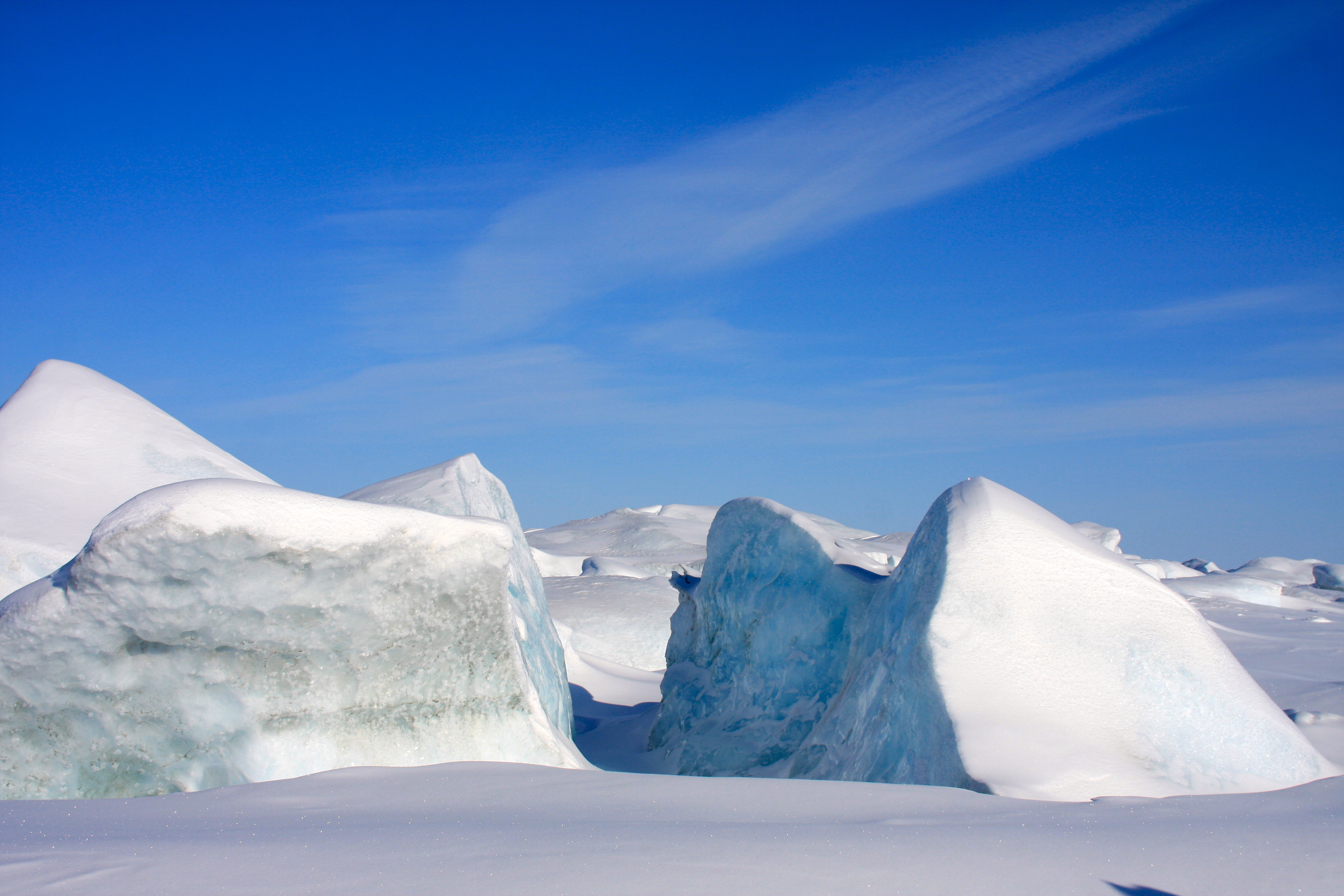
A recent study found that, in the last three decades, the region has warmed at three times the global rate, with an increase of 0.61°C per decade.

According to the United Nations annual report, more than 1% of humanity were forced to flee their homes last year. Of these displacements, 24.9 million were caused by disasters, caused by climate change.

In almost every region of the world where hurricanes form, their maximum sustained winds are getting stronger. That is according to a new study involving an analysis of nearly 40 years of hurricane satellite imagery.

One in three people living on Earth today would experience annual average temperatures of more than 29˚C, a climate currently experienced by humans in only a handful of the hottest desert settlements.

Sea-level rise, which has accelerated in recent decades, threatens to permanently inundate densely populated coastal cities and communities, other low-lying lands and costly infrastructure by 2100.

Deforestation in the Brazilian Amazon hit a new high in the first four months of the year, according to data released Friday, a worrying trend after the devastation caused by record fires last year.

Earlier this year, most of the ozone around 18 km overhead had vanished completely. But now we can breathe a sigh of relief as its healed up again. However, it's hard to predict just how rising temperatures will affect it in future.

A new analysis of numerous climate models predicts the Arctic Ocean will become ice-free in the summer before the mid-point of this century – a startling forecast that persists even if we cut down atmospheric CO2 emissions.

Europe is heating faster than the global average. Data from the EU's Copernicus Climate Service shows that 11 of the 12 warmest years on record on the continent have occurred since 2000.

Seasonal fires do break out around Chernobyl but the range of this fire from beginning to now has reached 50,000 acres which makes this wildfire the largest since the nuclear accident occurred in 1986.

In nearly three decades, Denman Glacier has already retreated some five km and lost over 250 billion tons of ice. In the worst case scenario, the damage could be much greater.

Nations around the world risk wasting $640 billion by continuing to prop up the coal industry rather than investing in less expensive and environmentally friendlier wind and solar power initiatives.

According to a new study, up to half of the world’s sandy beaches are at risk of disappearing by the end of this century if no action is taken to limit greenhouse gas emissions.

Thousands of glaciers in the northern Ellesmere Island Canadian territory of Nunavut have shrunk, losing an estimated 1680 km, in the past nearly 20 years.

Millions of people in Myanmar are threatened by flooding and rapid soil erosion caused by rising sea levels. One village of 1,500 residents had to relocate entirely, moving further inland to escape the rising water, and abandoning farmland in the process.